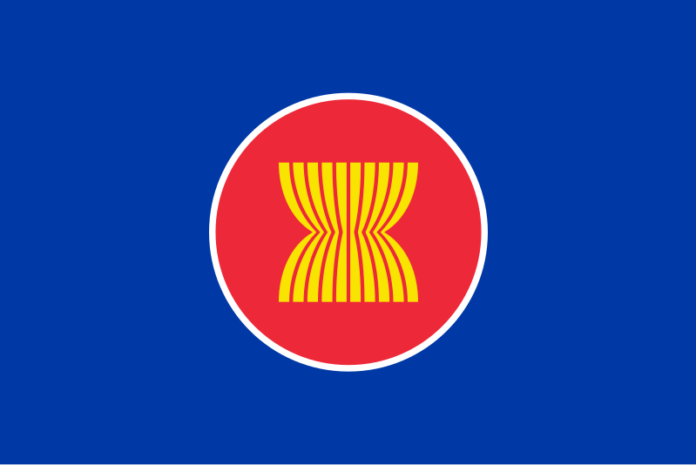The roundtable reaffirms the commitment of ASEAN and India to build a future-oriented partnership that addresses pressing regional and global challenges through innovation, cooperation, and sustainability
The 8th Roundtable of the ASEAN-India Network of Think Tanks (AINTT), as promised by Prime Minister Narendra Modi during the 21st ASEAN-India Summit in Vientiane, Lao PDR, took place on November 7-8, 2024, in Singapore. Jointly organized by the ASEAN-India Centre at the Research and Information System for Developing Countries (RIS), New Delhi, and Singapore’s ISEAS–Yusof Ishak Institute, the event received strong backing from India’s Ministry of External Affairs.
More than 25 leading think tanks and policy research organizations from ASEAN countries and India engaged in discussions on expanding the ASEAN-India Comprehensive Strategic Partnership. Delegates explored diverse areas of collaboration, including physical and digital connectivity, regional value chains, the transition to green energy, and innovations for micro, small, and medium-sized enterprises (MSMEs).
Drawing on the deep-rooted cultural and civilizational ties between India and ASEAN, he affirmed that the longstanding cooperation provides a solid foundation for an enriched partnership that benefits both regions
The topics also extended to financial technology (fintech) and cross-border digital payments. Dr. Kao Kim Hourn, Secretary General of ASEAN, delivered the inaugural session’s address, underscoring the importance of these shared goals.
Dr. S. Jaishankar, India’s External Affairs Minister, and Dr. Vivian Balakrishnan, Singapore’s Foreign Minister, led the ministerial session, emphasizing the growing relevance of ASEAN-India cooperation in an increasingly interconnected world. They both noted the critical need for resilient supply chains, trusted partnerships, and diversified production models.
In his keynote address, Minister Jaishankar highlighted India’s commitment to advancing connectivity across multiple domains: digital, energy, and transport infrastructure. He emphasized India’s Global Capability Centres, industrial parks, and skill development initiatives, which open up new avenues for deeper ASEAN collaboration. India’s active engagement in the Indo-Pacific and the Quad framework, he noted, remains anchored by ASEAN’s centrality and unity.
The Minister also outlined opportunities in sustainable development, including green hydrogen, green ammonia, green shipping, and green steel, all of which align with ASEAN’s regional sustainability goals.
***********************************************************************
Readers




